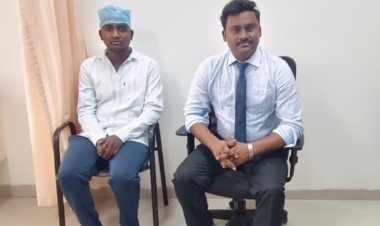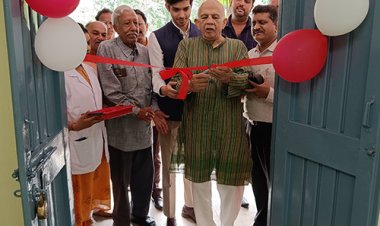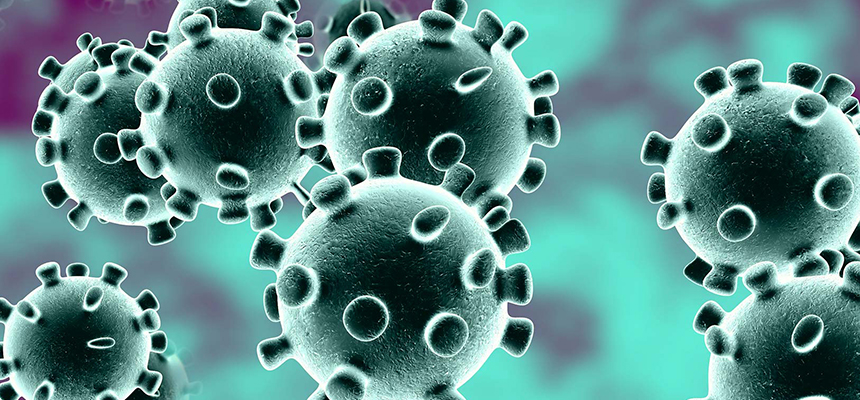How to deal with Post pandemic PTSD

We all must have heard about the term PTSD (Post traumatic stress disorder). This disorder happens after a patient has experienced or been through a traumatic life experience. In this disorder the patient relives through the entire experience time and again known as flashbacks. The patient also begins to avoid certain situations or activities that have been associated with the traumatic experience. Over the due course of time, the patient becomes emotionally numb and is not able to process his or her emotions.
(1).jpg) This pandemic has bought along with it such traumatic experiences for some from having endured the virus to the loss of any near and dear ones. We must remember that even after the current pandemic subsides we must be vigil to identify disorders related to mental health. Be in touch with your family and friends’, being emotionally connected during such times helps us to recover and also share our feelings.
This pandemic has bought along with it such traumatic experiences for some from having endured the virus to the loss of any near and dear ones. We must remember that even after the current pandemic subsides we must be vigil to identify disorders related to mental health. Be in touch with your family and friends’, being emotionally connected during such times helps us to recover and also share our feelings.
If you happen to notice a persistent change in one's behavior make sure you address it by seeking professional help. Dr.Vasanth R, Consultant Psychiatrist, Fortis Malar Hospital discusses in details about the ways to maintain your mental health.
One must also continue to follow the below given steps to maintain mental wellbeing:
- Regular routine – Have a fixed regular routine and to ensure you stick to it to reduce anxiety. Try to indulge in positive thoughts and shun thoughts that can make you anxious, traumatized or agitated. Resilience in unpredictable situation or crisis is very important. Try to practice gratitude sessions, by penning down things you feel grateful about in your life. Be grateful to break from stress.
- Physical activity – Ensure you include an hour of physical activity everyday. This helps you to reduce pain attack, stress or sleepless nights. You can also do meditation to calm down your tensed nerves. Physical activity will boost your self-esteem, help you to achieve your set goals and can lead to chemical changes in your brain that change your mood from bad to good.
- Hobbies – Develop a hobby as helps you relax and unwind. Having a social circle and exchanging ideas among like-minded people is good for your mental wellbeing. Infact, dancing reduces levels of cortisol (the stress hormone), and increases endorphins (the body's "feel-good" chemicals). If we don't spend any time doing things we enjoy, we can become irritable and unhappy.
- Work Life balance – Ensure you have sufficient sleep and a healthy work life balance. Sleep helps to regulate the chemicals in our brain that transmit information. These chemicals are important in managing our moods and emotions. Eat a balanced diet, cut off caffeine intake and do free-hand to feel rejuvenated.
- Seek help- whenever you feel you cannot cope with your emotions; reach out to a professional who will help you. Never feel ashamed or embarrassed about it. You are not alone.
Post-traumatic growth is a process, not an outcome, and typically involves developing positive responses in these areas: appreciation of life, enhanced relationships with others, new possibilities in life, newly identified personal strength, and spiritual or existential change. None of us has an idea when the pandemic and its effects will be over, so that uncertainty may keep us from moving forward.
Book Appointment: Dr.Vasanth R, Consultant Psychiatrist, Fortis Malar Hospital

 Disclaimer: Welthi.com does not guarantee any specific results as a result of the procedures mentioned here, and the results may vary from person to person.
Disclaimer: Welthi.com does not guarantee any specific results as a result of the procedures mentioned here, and the results may vary from person to person.









